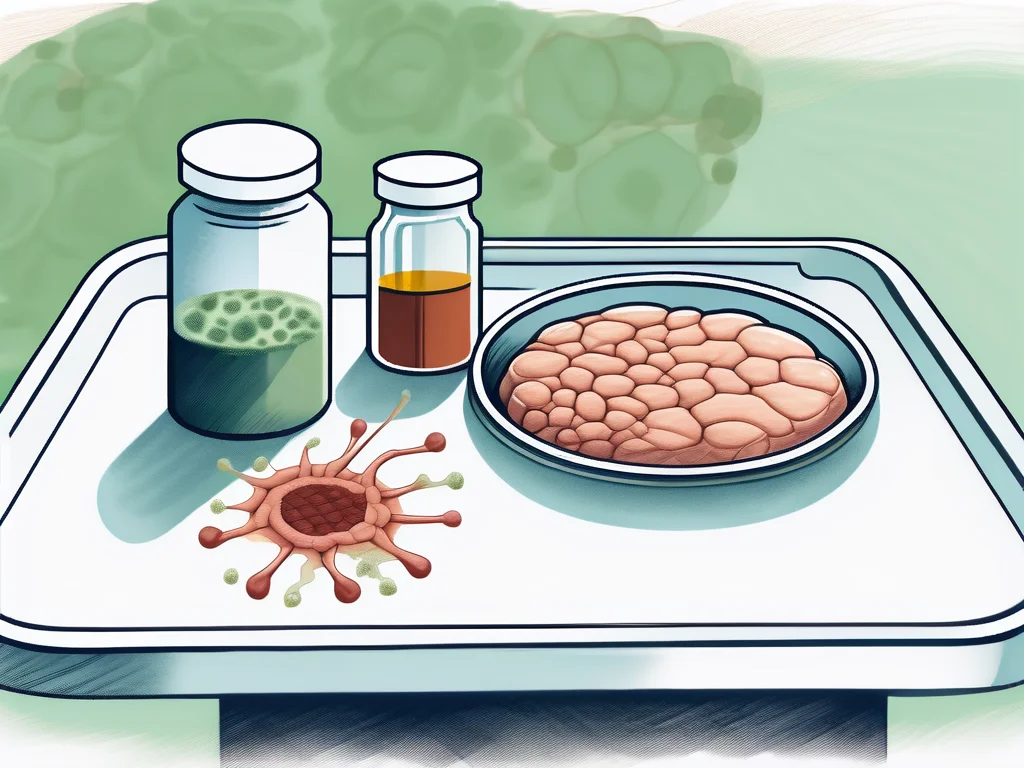Mucus in stool is a common yet often misunderstood symptom that can signal various digestive health issues. While small amounts of mucus are normal, excessive mucus or its presence alongside other symptoms may indicate an underlying condition. This blog provides a concise, comprehensive guide to understanding mucus in stool, its causes, symptoms, diagnostic approaches, and treatment options, addressing common concerns and incorporating insights from frequently asked questions.
What Is Mucus in Stool?
Mucus is a slippery, gel-like substance produced by the mucous membranes lining the gastrointestinal tract. It serves as a protective barrier, lubricates the intestines, and aids in smooth bowel movements. Normally, small amounts of mucus in stool are not noticeable and are considered healthy. However, excessive or visible mucus can be a sign of digestive disturbances.
Why Does Mucus Appear in Stool?
Mucus in stool can appear due to various factors, including diet, hydration, and gut health. For instance, dehydration may cause thicker, darker mucus, while a fiber-rich diet promotes healthy mucus production. Abnormal mucus levels often point to inflammation, infection, or other digestive issues.
LSI Keywords: digestive health, gut health, mucus production, bowel movements
Common Causes of Excessive Mucus in Stool
Excessive mucus in stool can stem from multiple causes, ranging from minor dietary issues to serious medical conditions. Below are the primary reasons for this symptom.
Digestive Disorders and Diseases
Conditions like inflammatory bowel disease (IBD), including Crohn’s disease and ulcerative colitis, are major contributors to excessive mucus in stool. These disorders cause chronic inflammation in the digestive tract, leading to increased mucus production. Similarly, irritable bowel syndrome (IBS) can disrupt normal bowel function, resulting in mucus secretion alongside abdominal discomfort.
Infections and Inflammation
Infections caused by bacteria (e.g., Clostridium difficile or Salmonella), viruses (e.g., norovirus), or parasites (e.g., Giardia) can trigger mucus production as the body attempts to flush out pathogens. Inflammatory conditions like diverticulitis or gastroenteritis also prompt the intestines to produce excess mucus as a defense mechanism.
Other Contributing Factors
Dietary factors, such as consuming spicy foods, dairy, or caffeine, may increase mucus production in sensitive individuals. Stress and dehydration can also exacerbate the issue, affecting the consistency and volume of mucus in the stool.
Symptoms Accompanying Mucus in Stool
Excessive mucus in stool is rarely an isolated symptom. It is often accompanied by other signs that provide clues about the underlying cause.
Changes in Bowel Habits
Mucus in stool may be associated with diarrhea, constipation, or alternating patterns of both. These changes can cause discomfort, including abdominal pain, cramping, or bloating. Diarrhea may occur as the body tries to eliminate irritants, while constipation can result from mucus-related blockages.
Additional Physical Symptoms
Other symptoms to watch for include:
- Rectal bleeding: May indicate serious conditions like IBD or colorectal cancer.
- Weight loss: Could suggest malabsorption or chronic infections.
- Fatigue: Often linked to nutrient deficiencies or ongoing inflammation.
- Decreased appetite: Common in digestive disorders or infections.
Persistent or severe symptoms warrant immediate medical attention to rule out serious conditions.
When Should You Be Concerned About Mucus in Stool?
A small amount of mucus in stool is typically normal, especially if it occurs occasionally and without other symptoms. However, you should seek medical advice if:
- Mucus is excessive or persistent.
- It is accompanied by blood, pain, or changes in bowel habits.
- You experience unexplained weight loss or fatigue.
These signs may indicate a serious condition requiring prompt evaluation.
Diagnosing Mucus in Stool
Proper diagnosis is essential to identify the cause of excessive mucus in stool and determine the appropriate treatment.
Physical Examination and Medical History
A healthcare provider will begin with a thorough physical exam, checking for abdominal tenderness, masses, or abnormal sounds. They will also review your medical history, including recent illnesses, diet, medications, and family history of gastrointestinal conditions, to narrow down potential causes.
Laboratory Tests and Imaging
Diagnostic tests may include:
- Stool analysis: Detects parasites, bacteria, or other pathogens causing mucus production.
- Blood tests: Identifies signs of infection or inflammation.
- Imaging studies: X-rays, CT scans, or colonoscopies reveal structural abnormalities or inflammation in the digestive tract.
These tests help pinpoint the exact cause, whether it’s an infection, inflammation, or a chronic condition.
Treatment Options for Mucus in Stool
Treatment for excessive mucus in stool depends on the underlying cause. A combination of medical interventions, dietary changes, and lifestyle modifications is often recommended.
Medications and Therapies
Depending on the diagnosis, treatments may include:
- Anti-inflammatory drugs: Used for conditions like IBD to reduce inflammation and mucus production.
- Antibiotics: Prescribed for bacterial infections like C. difficile.
- Immune modulators: Help manage chronic conditions such as Crohn’s disease.
- Counseling and stress management: Beneficial for IBS or stress-related digestive issues.
Dietary Changes
Diet plays a significant role in managing mucus in stool. Key recommendations include:
- Increase fiber intake: Foods like fruits, vegetables, and whole grains promote healthy digestion.
- Stay hydrated: Adequate water intake helps maintain normal mucus consistency.
- Avoid trigger foods: Spicy foods, dairy, and caffeine may worsen symptoms in some individuals.
- Incorporate probiotics: Foods like yogurt, kefir, and sauerkraut support gut health by balancing gut bacteria, potentially reducing mucus levels.
Lifestyle Modifications
Adopting healthy habits can improve digestive health and reduce mucus production:
- Regular exercise: Promotes healthy bowel movements and reduces stress.
- Stress reduction techniques: Practices like meditation or yoga can alleviate symptoms of stress-related conditions like IBS.
- Adequate sleep: Supports overall health and immune function, aiding gut recovery.
How to Prevent Excessive Mucus in Stool
Preventing excessive mucus in stool involves maintaining a healthy digestive system through proactive measures:
- Eat a balanced diet: Focus on fiber-rich foods and avoid irritants like processed or spicy foods.
- Stay hydrated: Drink plenty of water to support mucus production and digestion.
- Manage stress: Practice relaxation techniques to minimize stress-related digestive issues.
- Regular check-ups: Routine medical visits can help detect and address digestive problems early.
FAQs About Mucus in Stool
1. Is mucus in stool always a sign of a serious condition?
Not always. Small amounts of mucus are normal, but persistent or excessive mucus with symptoms like blood or pain should be evaluated by a doctor.
2. Can diet cause mucus in stool?
Yes, diets high in spicy foods, dairy, or caffeine can increase mucus production in some people. A balanced, fiber-rich diet can help regulate it.
3. When should I see a doctor for mucus in stool?
Consult a healthcare provider if mucus is persistent, accompanied by blood, pain, weight loss, or changes in bowel habits.
4. Can stress cause mucus in stool?
Yes, stress can exacerbate conditions like IBS, leading to increased mucus production in the stool.
Conclusion
Mucus in stool is a common occurrence that may not always indicate a serious issue, but persistent or excessive mucus, especially with accompanying symptoms, should not be ignored. Understanding the causes—ranging from digestive disorders like IBD and IBS to infections and dietary factors—can help you take proactive steps toward better gut health. Through proper diagnosis, targeted treatments, dietary adjustments, and lifestyle changes, you can effectively manage and prevent excessive mucus in stool. Always consult a healthcare professional for personalized advice if you experience concerning symptoms.



